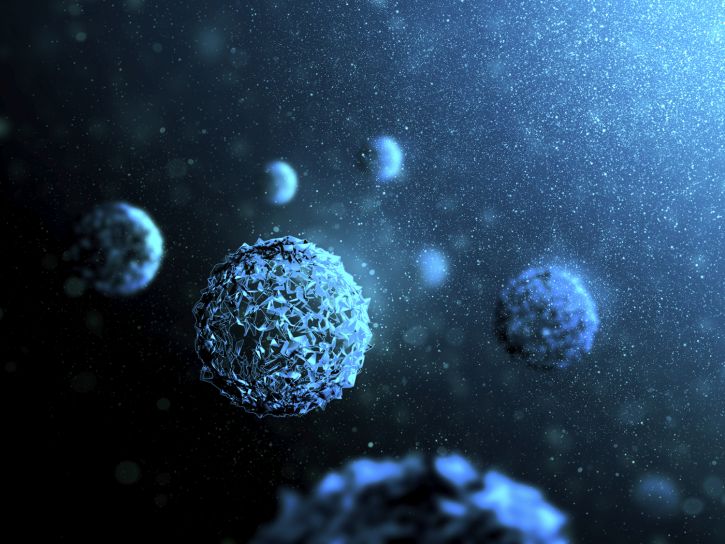“Minimal” Bacterial Genome Still Has 473 Genes
Scientists tried to find the smallest number of genes that could still produce a functioning bacterium. The simplest cell is not as simple as they thought.

Genomes are cell “libraries” full of genes, coded instructions for making the protein machines that let cells grow, obtain energy, respond to their surroundings and reproduce. In nature the smallest genome of a free-living bacterium contains around 525 genes.
The deeper we delve into the intricacies of the cell, the more unbelievable the idea of a “simple” cell emerging by chance becomes.
Editing “unnecessary” genes?
Having previously synthesized a complete copy of an existing bacterial genome, the researchers now brought out the editor’s pen. They expected that a bacterium could survive with around 256 to 300 genes if they kept the important stuff. But it turns out that 300 genes were not enough.
“No surprise to everybody now that has seen this paper, every one of our designs failed,” Venter told the LA Times.
In the end, the team was forced to go back to the original genome and delete genes until the bacteria could no longer function.
It turns out that 473 genes were essential for survival and growth. With few exceptions, without one of these 473 genes, the bacterium simply could not function. Amazingly, we still don’t know exactly what 149 of these genes actually do.
Greater appreciation for the Designer
The deeper we delve into the intricacies of the cell, the more unbelievable the idea of a “simple” cell emerging by chance becomes. On the other hand, the more we learn, the greater our appreciation for the God who designed it!
Related reading:
Date Posted: March 30, 2016

